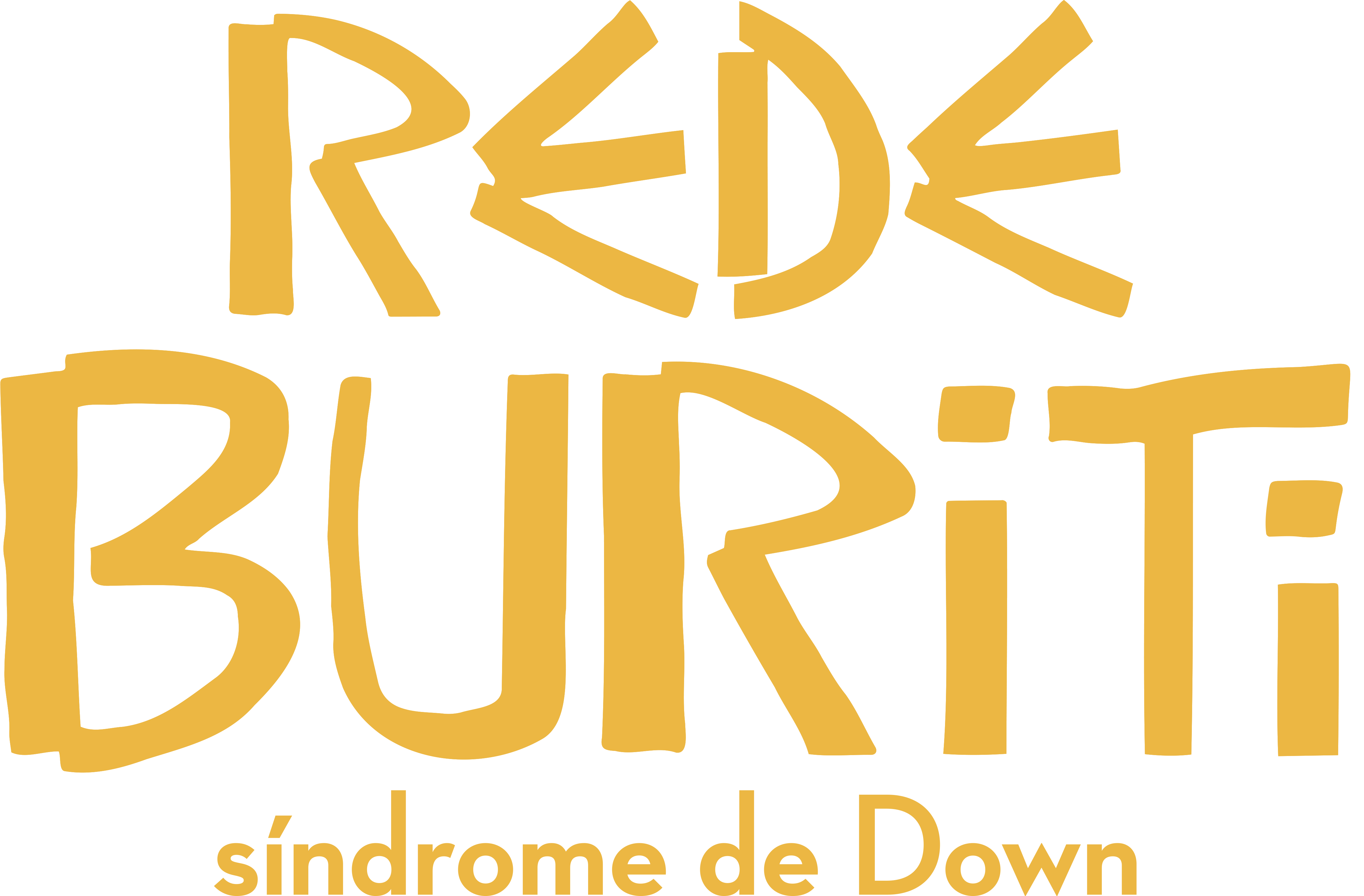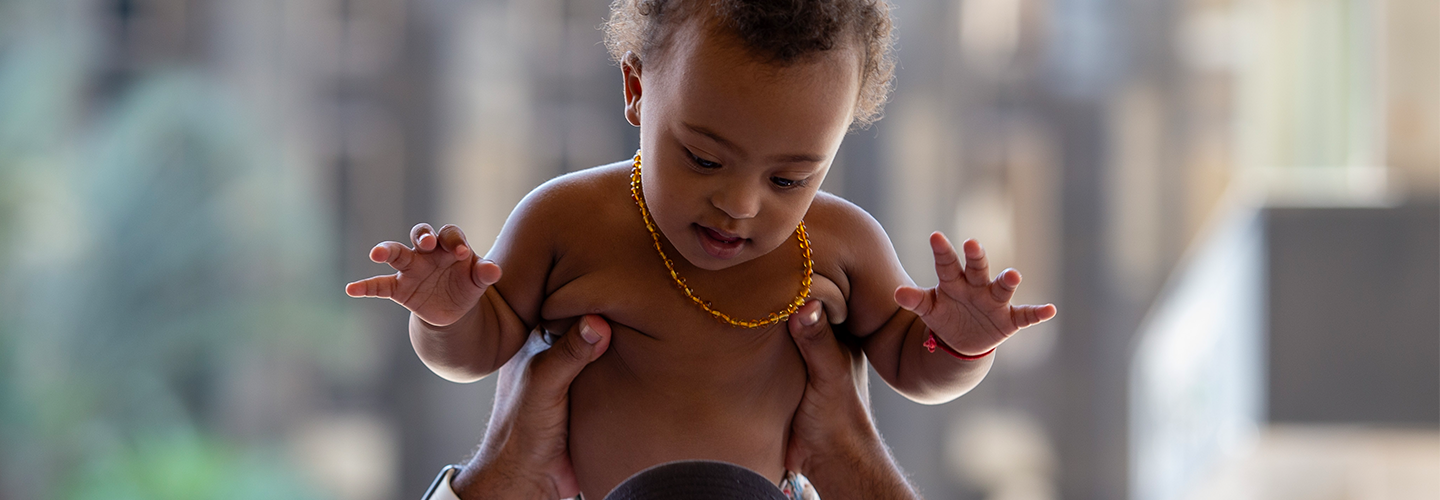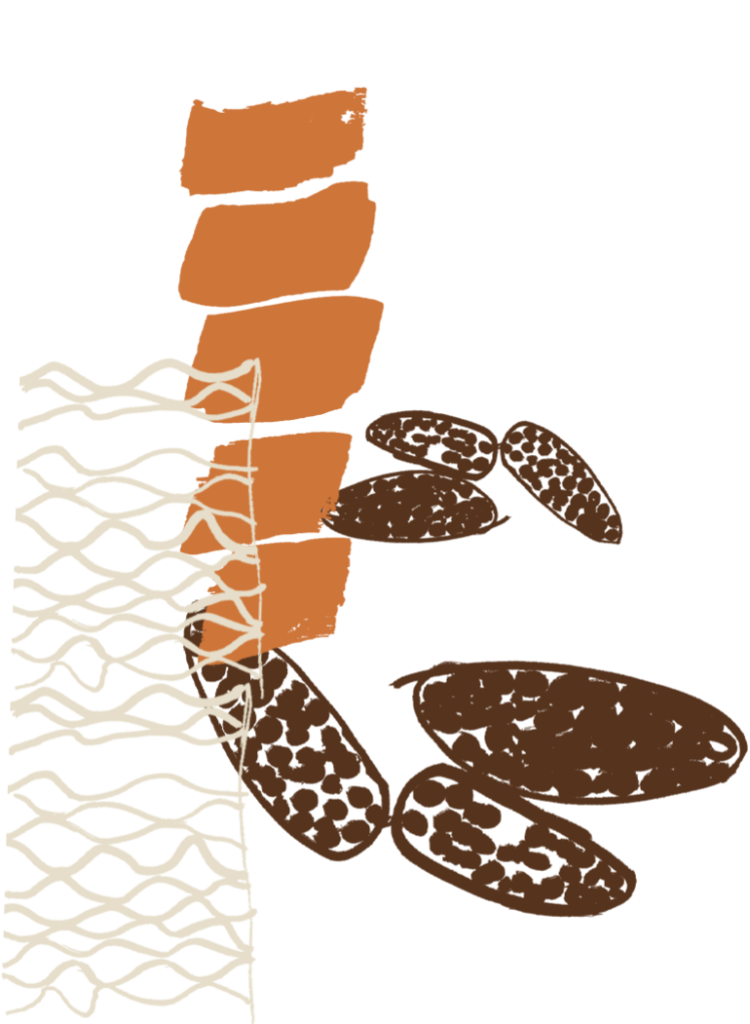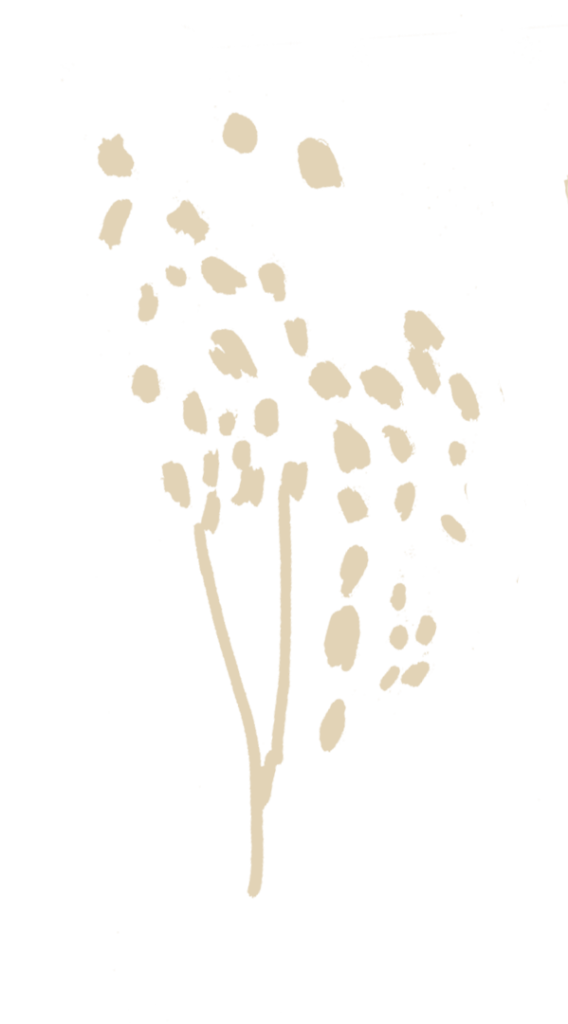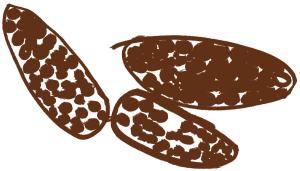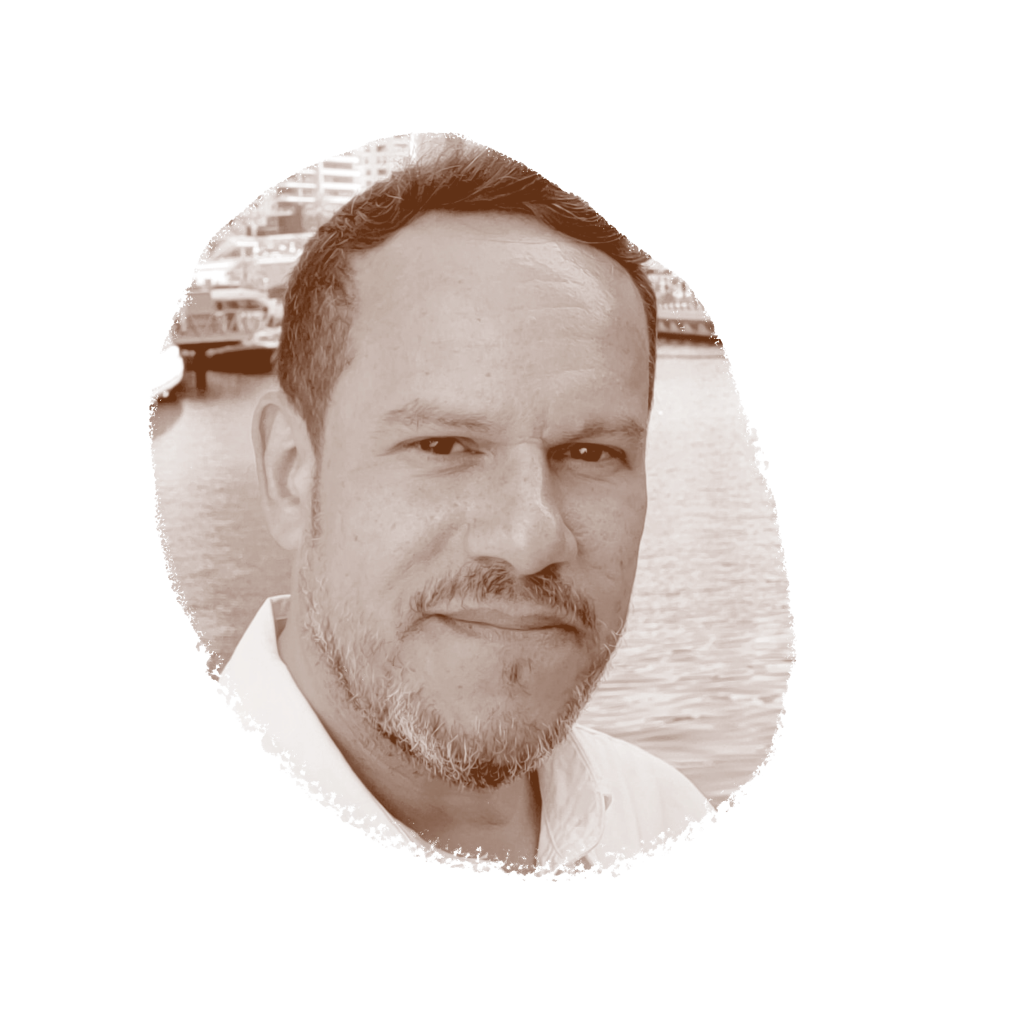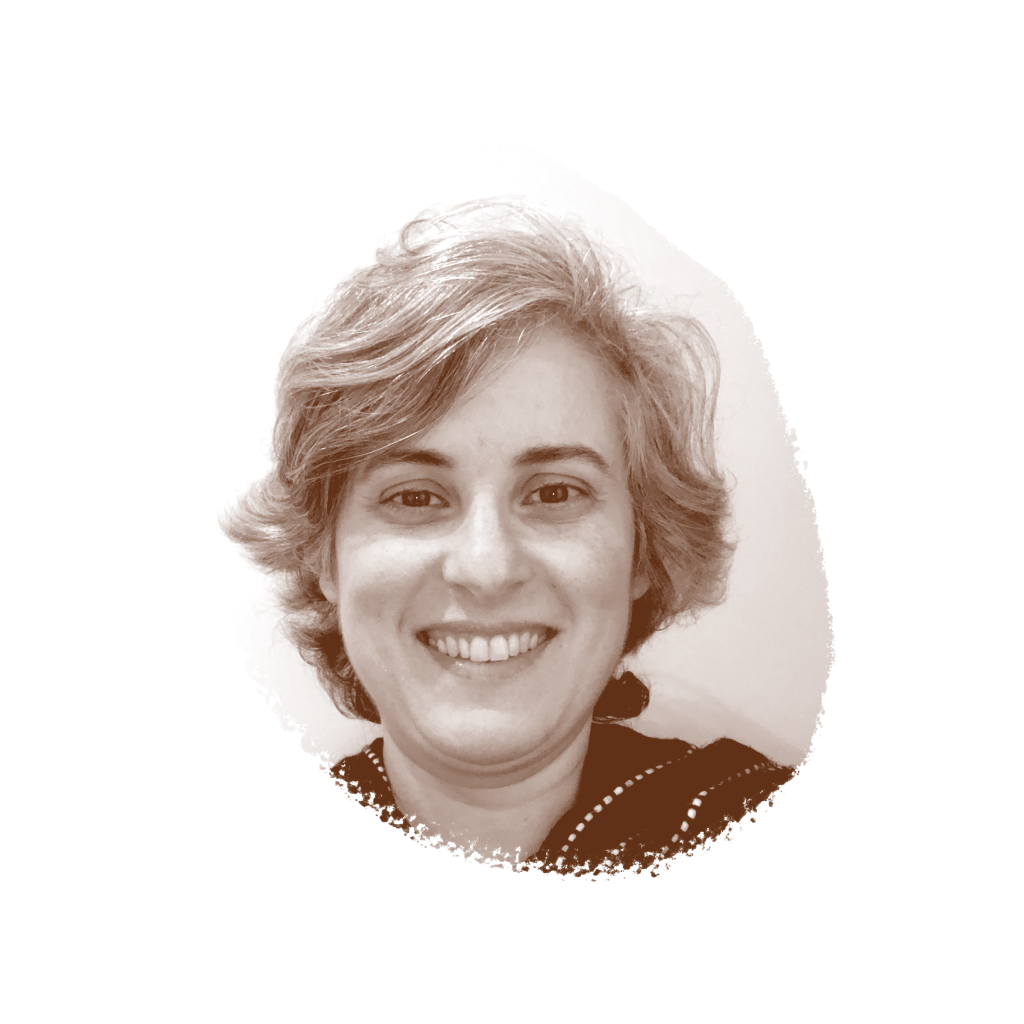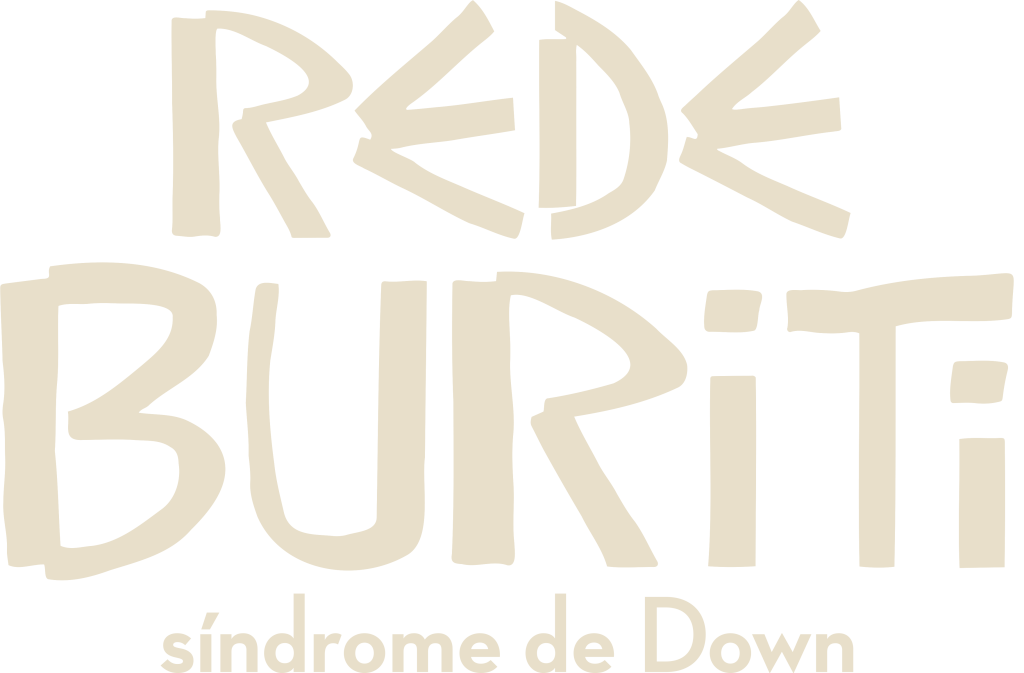Este site utiliza cookies para que possamos lhe proporcionar a melhor experiência de usuário possível. As informações dos cookies são armazenadas no seu navegador e desempenham funções como reconhecê-lo quando você retorna ao nosso site e ajudar nossa equipe a entender quais seções do site você considera mais interessantes e úteis.
Visão geral da privacidade
Cookies estritamente necessários
O Cookie Estritamente Necessário deve estar sempre ativado para que possamos salvar suas preferências de configuração de cookies.
Se desativar este cookie, não poderemos guardar as suas preferências. Isto significa que sempre que visitar este website terá de ativar ou desativar novamente os cookies.
Cookies de terceiros
Este site usa o Google Analytics para coletar informações anônimas, como o número de visitantes do site e as páginas mais populares.
Manter este cookie ativado ajuda-nos a melhorar o nosso site.
Por favor, habilite primeiro os Cookies Estritamente Necessários para que possamos salvar suas preferências!
